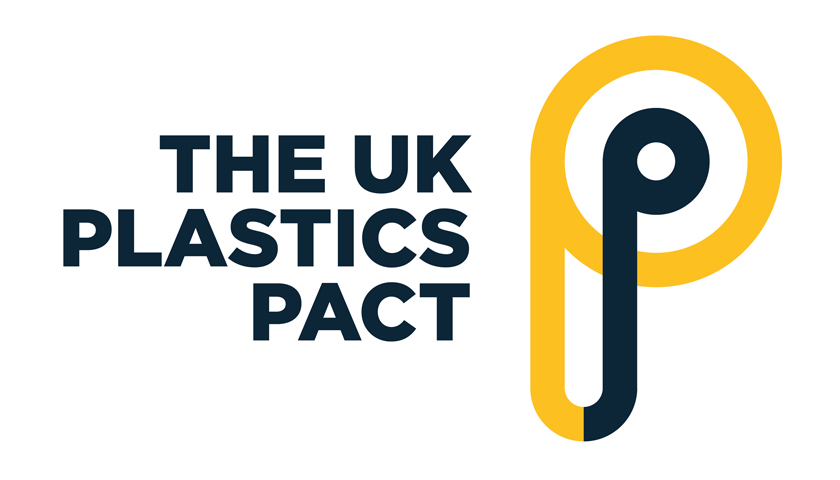The UK Plastics Pact’s third annual report, published recently by global NGO WRAP, shows good collective progress against the UK Plastics Pact’s four ambitious environmental targets – year on year, while further action is required to scale the recycling of plastic bags and wrapping.
A key achievement since its launch in 2018 has been a consistent and significant reduction in consumer plastic packaging by brands and retailers. Comparing data for members that have reported each year, there has been a 10% drop in plastic packaging on supermarket shelves, with problematic and unnecessary plastic items falling by 46% since 2018. This 10% reduction equates to a CO2e reduction of 335,000t – equivalent to taking 150,000 cars off the road since the Pact began.
Marcus Gover, WRAP CEO, “The UK Plastics Pact arose at a time of great public concern about plastic pollution and has been a constant and practical programme for collective change to reset our relationship with plastics. Comparing 2020 against 2018, it has shown strong progress against its environmental targets during a period of unmitigated societal upheaval.
“I believe this work should inspire us when we think about the enormous efforts needed to tackle climate change, and how innovation and experimentation can drive forward action through strong public-private partnerships. The results of real-life reuse and refill trials carried out under the Pact are extremely exciting for how we could shop packaging-free in the future. We see a 50% growth in plastics reprocessing in the UK, which is a massive improvement and Recycle Week marked a record high in terms of the numbers of people recycling – helping complete the cycle of plastics to keep them in the economy and out of the environment. But as COP26 made clear, we have a long way to go and little time to make big changes.”
Today’s report also highlights a number of key developments during the last twelve months. Innovations in recycling plastic bags and wrapping through increased front of store collections are beginning to offer the opportunity to scale up the collection and recycling of these challenging materials, crucial to hit the Pact’s recycling target. WRAP, which published the industry best practice guidance on front of store collections in 2021, is urging more supermarkets to implement collections to increase the number of citizens using collection points ahead of future kerbside collections. The charity has also raised concerns that further investment from industry for critical UK recycling infrastructure is required, particularly for plastic bags and wrapping.
Through the actions of The UK Plastics Pact, WRAP is also pushing forward a drive to increase trials for reuse and refill operations. Sharing the resulting evidence will help members expand these models to become a behavioural norm for millions more shoppers across the UK, in the years to come.
The results of the annual report also highlight the doubling of the amount of recycled content in packaging to 18% since 2018. This reduces the pressure put on natural resources, helping to keep oil in the ground and mitigate global warming. The results show more than one million barrels of virgin oil have been saved through recycled content use. WRAP says this progress puts Pact members on track to hit 30% average recycled content by 2025 but warns that it is imperative we continue to get high quality recycled material for reprocessing. And that improving material quality through designing for recyclability and increasing the amount of plastic packaging recycled and collected, is as crucial as ever.
Jo Churchill, Resources and Waste Minister, “The UK Plastics Pact is creating a real sea change and shows how businesses are rising to the challenge of cutting their use of plastic and increasing recycling. But there is more we must do – and that is why we are consulting on banning a range of further single-use plastics and, through our exciting new Environment Act, we will make manufacturers more responsible for their packaging. With strong action from government and businesses, we can drastically reduce waste, make better use of our resources and protect our natural environment.”


